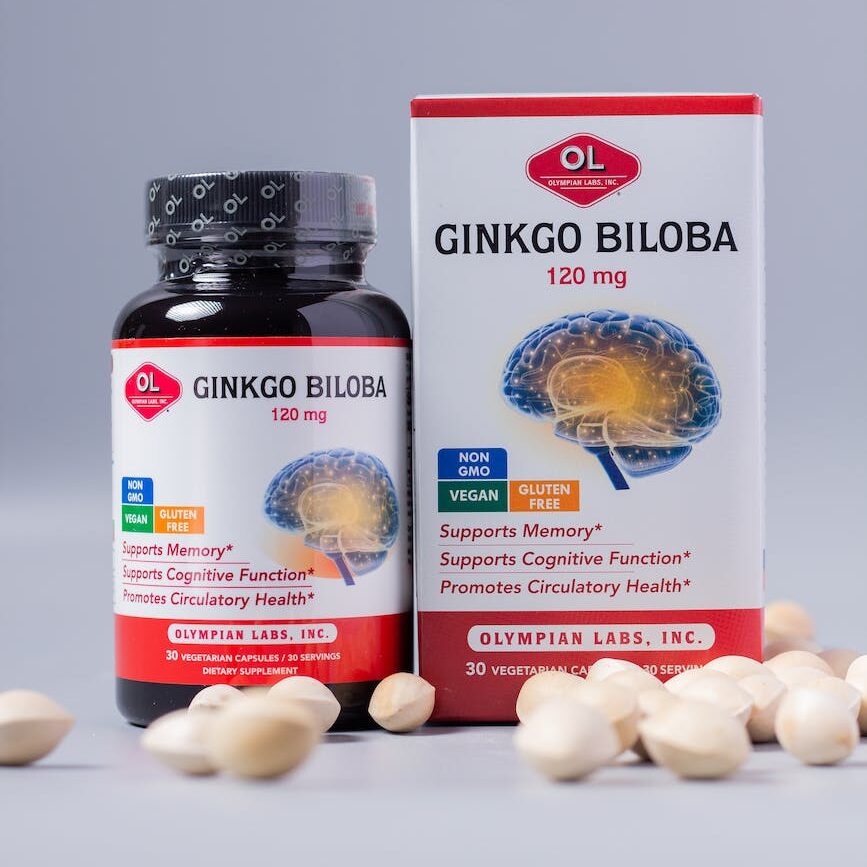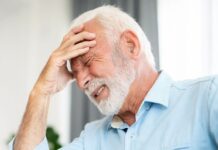
Stroke recovery can be a long and challenging journey, with medical treatments, rehabilitation, and lifestyle changes all playing crucial roles in the process. Recently, there has been growing interest in the potential benefits of natural supplements in supporting recovery, and one such supplement that has garnered attention is Ginkgo biloba. Known for its long history of medicinal use, Ginkgo biloba is often touted for its purported cognitive and circulatory benefits. But can it actually aid in stroke recovery?
What is Ginkgo Biloba?
Ginkgo biloba, an ancient tree species, has been used in traditional Chinese medicine for thousands of years. Its leaves are rich in flavonoids and terpenoids, which are believed to have strong antioxidant properties. Antioxidants are compounds that can protect the body from damage caused by free radicals, unstable molecules that can harm cells, proteins, and DNA.
The Connection Between Ginkgo Biloba and Stroke Recovery
Stroke occurs when the blood supply to part of the brain is interrupted or reduced, preventing brain tissue from getting oxygen and nutrients. This can cause brain cells to die in minutes. Recovery from a stroke often focuses on restoring the blood flow and thus oxygen to the brain, as well as minimizing cell damage and improving function in the affected areas.
The theory behind using Ginkgo biloba in stroke recovery stems from its potential effects on blood flow and neuroprotection:
Enhanced Blood Flow
Ginkgo biloba is thought to have vasodilating properties, meaning it can help widen blood vessels, potentially improving blood flow to various parts of the body, including the brain. This improved circulation could theoretically assist in the recovery process following a stroke by ensuring that affected brain areas receive a steady supply of blood and, consequently, oxygen and nutrients.
Neuroprotection
Animal studies and in vitro research have suggested that Ginkgo biloba may offer neuroprotective effects, possibly protecting nerve cells against damage associated with ischemic strokes (strokes caused by blood clots). This protection could come from the supplement’s antioxidant properties, which may limit oxidative stress and cell damage in the brain.
Antioxidative Properties
By combating oxidative stress, Ginkgo biloba could theoretically help prevent further neuronal damage in the aftermath of a stroke. This oxidative stress is a key factor in the secondary brain injury that can follow the initial stroke event.
The Evidence: Clinical Studies and Research
Though the potential mechanisms by which Ginkgo biloba might aid in stroke recovery sound promising, the scientific evidence is still mixed. Some clinical studies have indicated modest improvements in cognitive function and quality of life for stroke survivors using Ginkgo supplements. Other studies, however, have found no significant difference compared to placebo.
A notable clinical trial, known as the Ginkgo Evaluation of Memory (GEM) study, examined the effects of Ginkgo biloba on various aspects of cognitive health. While it was not focused exclusively on stroke recovery, it did provide insights into the supplement’s potential cognitive benefits, which could be relevant for those recovering from a stroke.
Safety and Side Effects
While Ginkgo biloba is generally considered safe for most people, it is not without potential side effects. Some of the concerns around using Ginkgo supplements include possible bleeding risk, especially in combination with other blood thinners. It is vital for stroke survivors to consult with their healthcare providers before starting any new supplement, including Ginkgo biloba.
Conclusion
Ginkgo biloba may offer some benefits in the realms of circulation and neuroprotection, which are critical in stroke recovery. However, the scientific evidence supporting its use specifically for this purpose is not definitive. While it may hold promise as a complementary therapy, it should not replace established medical treatments and rehabilitation strategies for stroke recovery. As with any supplement, medical guidance is essential to ensure safety and efficacy.
If you or a loved one is considering Ginkgo biloba for stroke recovery, a discussion with a healthcare provider is the most important next step to determine whether it’s an appropriate option based on individual health needs and circumstances.



